Judith Wilkinson’s Choice: Lieke Marsman and Roelof ten Napel
Every month, a translator of Dutch into English gives literary tips by answering two questions: which translated book by a Flemish or Dutch author should everyone read? And, which book deserves an English translation? To get publishers excited, an excerpt has already been translated. Judith Wilkinson highlights the work of two poets: one who delves into the personal and social dimensions of living with cancer, and another who investigates the delicate boundary between the inner self and the outside world.
Must-read: ‘The Following Scan Will Last Five Minutes’ by Lieke Marsman
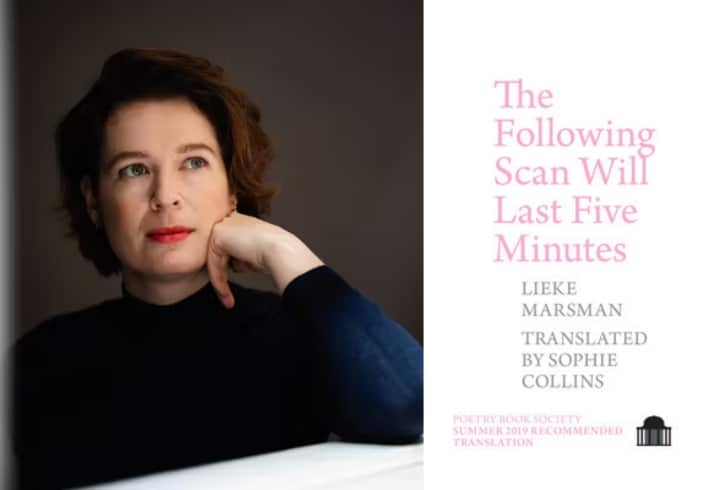 Lieke Marsman
Lieke Marsman© Tom Cornelissen
I have chosen Lieke Marsman’s collection, The Following Scan Will Last Five Minutes, beautifully translated by Sophie Collins. The book gained a PBS recommendation.
This hybrid of a book, which Marsman wrote after her cancer diagnosis, consists of poetry, an essay on illness, and a series of letters Collins wrote to Marsman about the translation process. In his review, Martyn Crucefix called the collection ‘an unlikely gem of a book about cancer, language, poetry, Dutch politics, philosophy, the environment, the art of translation and friendship – all bound together by a burning desire (in both the author and her translator) to advocate the virtues of empathy’.
Without pathos, the book navigates the territory of illness and explores how a sick body relates to an ever-sicker world. With a mix of frankness and grim irony, Marsman describes the physical and mental toll of her illness, and the loss of freedom. Analytical self-reflection (‘How do I relate to my own disease? Is this a choice?’) is interwoven with social criticism. And in her essay, Marsman further broadens her scope and considers the meaning and consequences of illness in a neoliberal society.
With their conversational tone and witty asides (‘That you can say anything you like/Doesn’t mean/That you should say anything’), the poems invite the reader in. Illness becomes an engaged experience. It therefore seems fitting that the translator contributes her own perspective. In her fascinating letters, Collins defines translation as an intimate engagement, ‘an ongoing drama of the most complex empathies.’
Here is a book about illness – to a degree still a taboo subject – that is incisive, thought-provoking and moving: ‘There is nothing I need to see/Except, again and again/A new day with you.’
Lieke Marsman, The Following Scan Will Last Five Minutes, translated by Sophie Collins, Liverpool University Press, 2019, 62 pages
To be translated: ‘Dagen in huis’ by Roelof ten Napel
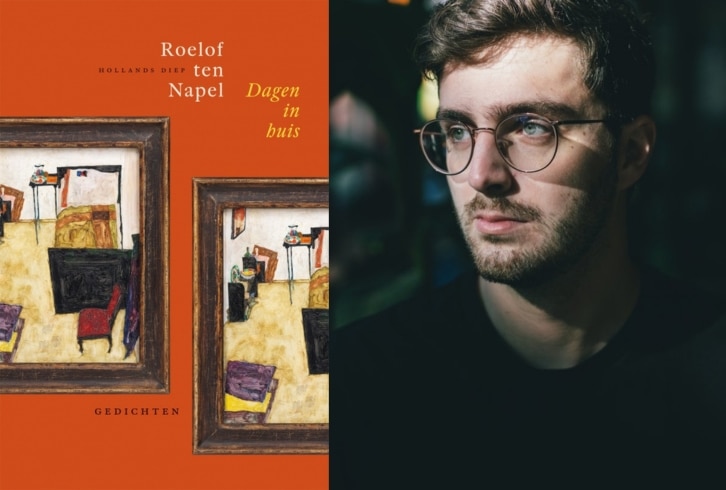 Roelof ten Napel
Roelof ten Napel© Melanie Marsman
Roelof ten Napel’s collection Dagen in huis (‘Days at Home’), Hollands Diep 2021, written during the Covid pandemic, is an introspective, contemplative collection, offering poems of great force, delivered in a deceptively quiet tone. Many of the poems are set indoors, where the speaker plays with simple domestic imagery, generating surprising reflections on the relationship between the inner and outer world. The book was awarded De Grote Poëzie Prijs, Holland’s most prestigious poetry prize.
I am fascinated by the way ten Napel can pare down a poem to the plainest set of images and questions. He is like a mathematician handling the unwieldy tool of language, where equations don’t quite work, likenesses don’t quite fit. Aware of this, he struggles for clarity, digging and searching, and he is never afraid to take language far outside its comfort zone. And yet his work is always more than a vehicle for exploring philosophical questions, as there is invariably a strong emotional undercurrent, with the speaker becoming a tangible presence. I was intrigued also by the playful aspect of the poems, some of which read like little puzzles, where simple language transforms into something elegant and powerful.
Roelof ten Napel, Dagen in huis, Hollands Diep, 2021, 64 pages
Poems by Roelof ten Napel, translated by Judith Wilkinson
As in Rain
Knowing there’s nothing you can do,
that you can’t help another person:
as if the rain has started to fall
with no shelter in sight.
Might as well get soaked then?
To the person I can’t help
I give a poem. Not as comfort —
but to give shape
to what I can’t do. It doesn’t
help, and it mustn’t
disguise this fact, it should tell you
it doesn’t help. Grow heavy
with water, slowly, until somebody
wrings it out.
Something About Corners
The beginning of a room: a corner.
Where shelter grows
and where surroundings are cautiously
denied. Hiding means finding
a place itself hidden,
and I wouldn’t be the first to see prayer
as such a place, an inside
that won’t be spied on.
It forms a partition,
gives you what you simply have to accept:
what won’t remove itself when you retreat.
Prayer doesn’t flounder in the dark —
it acknowledges the dark.
Questions About Corners
If a corner is simply an opportunity
to retreat,
then the corners of a person perhaps lie
beyond him. In sustenance, for instance,
where your hunger conceals itself.
In the distraction of predictable tv,
where your weary attention finds shelter.
After all, being here can be exhausting.
And the corners of a poem?
Isn’t a poem
defenceless, easily attacked
from all sides? Or is a poem protected
the way two bodies can offer shelter
in an open field
in the tall grass.
Repeating Yourself Together
You get spread out, isn’t that it?
When you keep meeting up, the edges between who you were
and who you are today
become blurred. You remain yourself more,
because someone else too
remembers you, someone who can give you
what you’d forgotten about yourself, what wouldn’t have
loomed up if no one knew it any more.
A short, unfinished notion
of what a friend is:
someone who remembers you, but is always curious
about what changes, who wants to
remember you in more ways.
For the Days That Follow
A cat tensing its paws
on the edge of the shed
foreshadows more than the jump alone,
just as the day is always more than you had planned.
At the heart of every event
lies more than what takes place, it’s not simply
a possibility that comes good,
just as some part of a promise remains
after it’s lived up to.
Every action bequeaths itself
to something or someone ⸺
an expectation without an object,
of nothing in particular.
After every preference for this or that has been shed,
we are left with a longing that
barely deserves that name: for something to
keep coming, for these rooms
not to have been occupied for the last time.

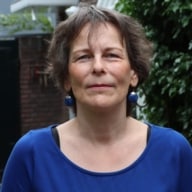


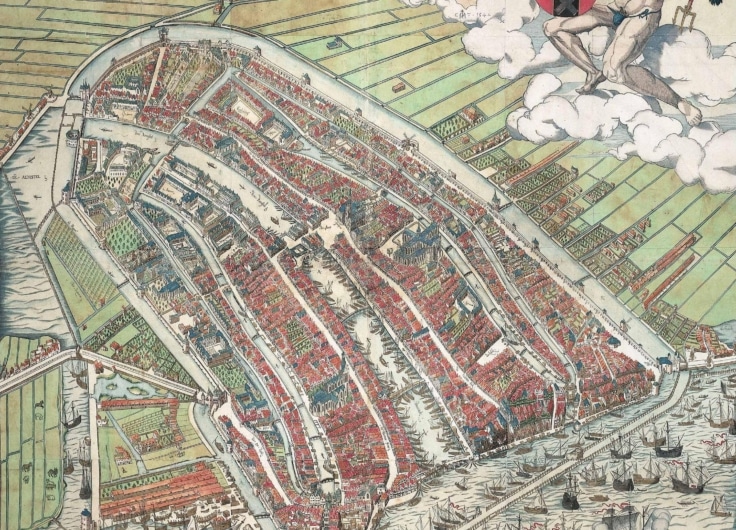
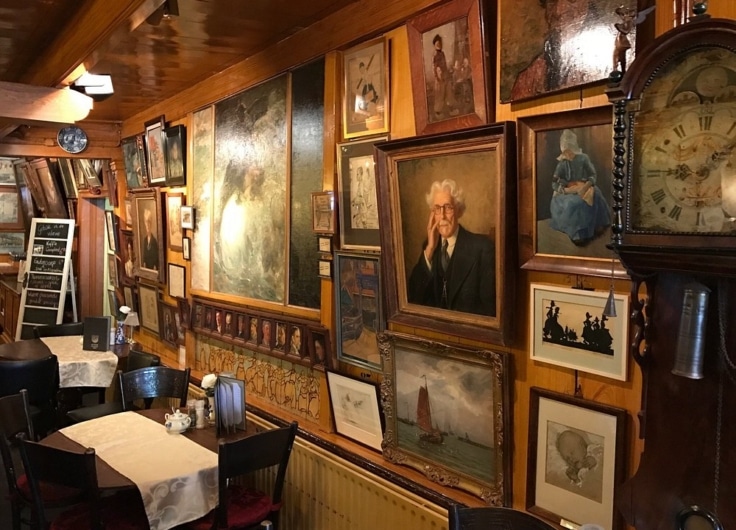
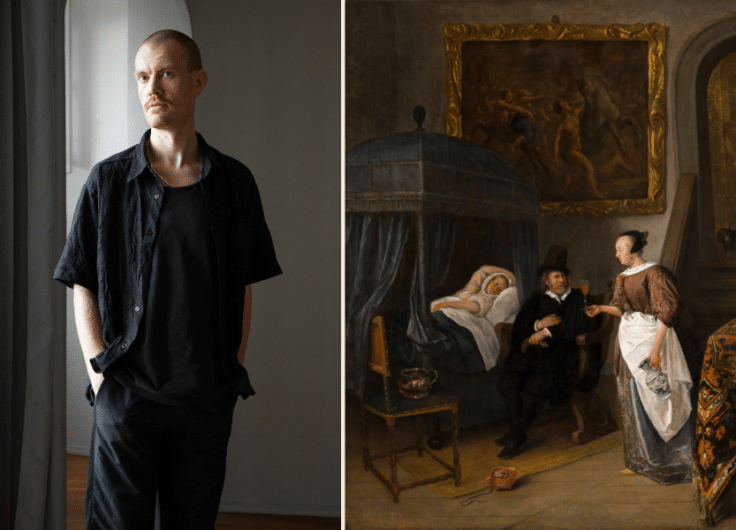
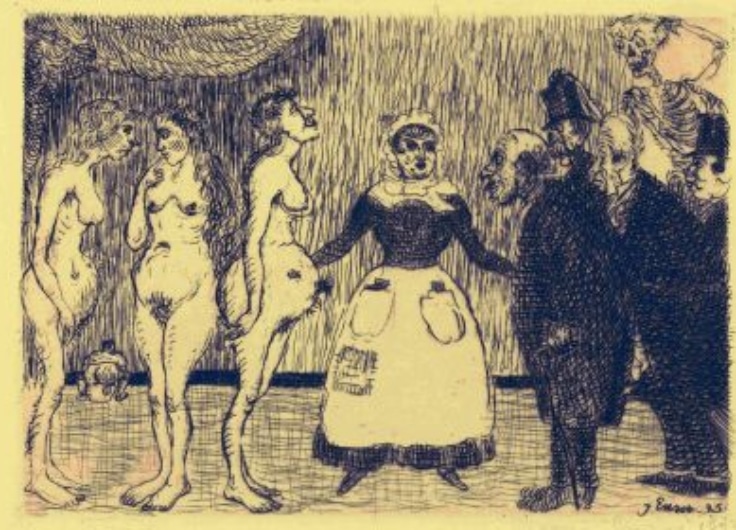





Leave a Reply
You must be logged in to post a comment.